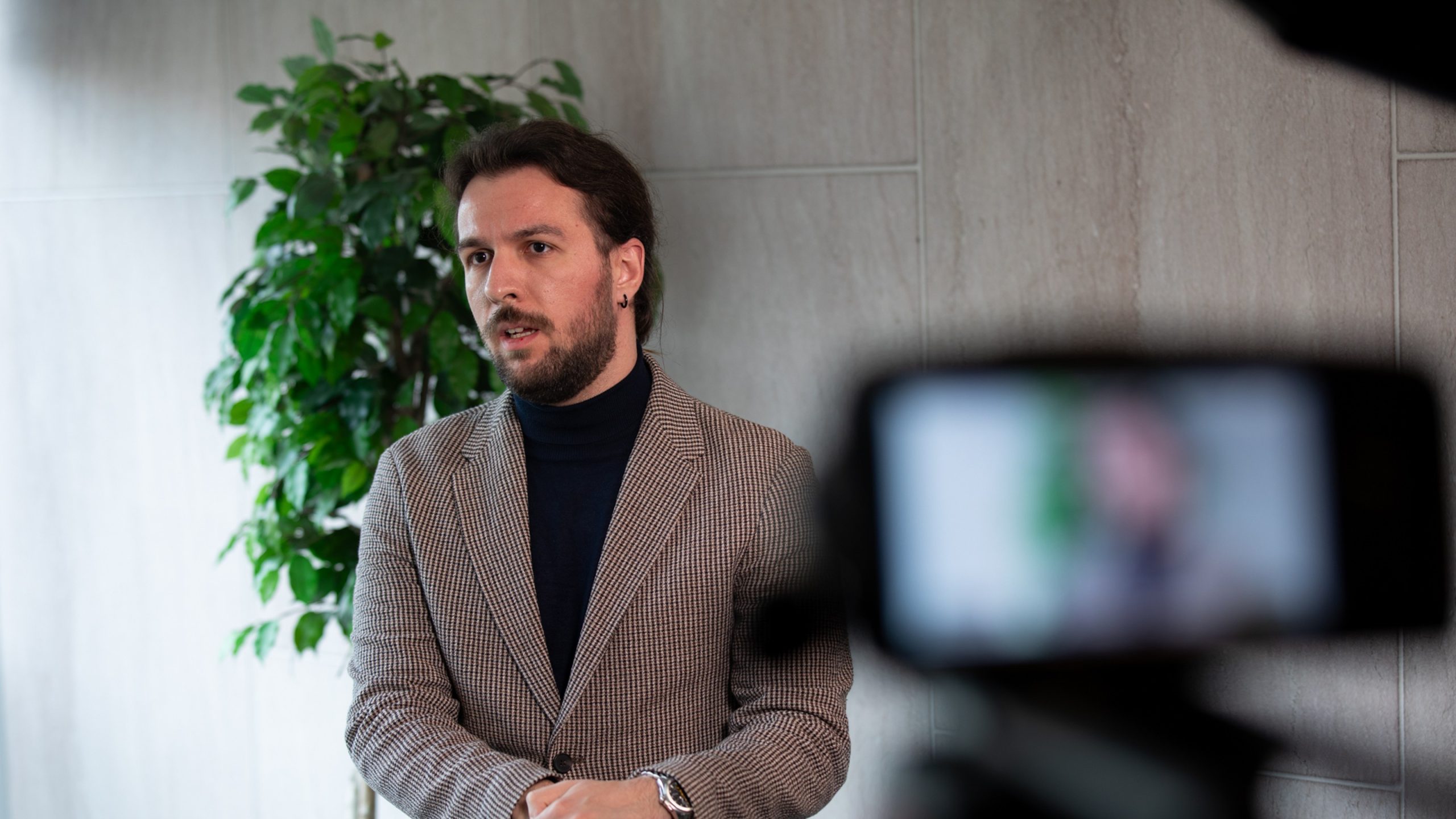A divisive amendment
On July 11, the Greek parliament voted 177 in favor of providing for the complete suspension of the asylum process for those entering from Libya—including refugees from Sudan, which is experiencing the greatest humanitarian crisis of our time, with asylum seekers. It is worth noting that in the previous period, 99% of relevant applications were accepted for asylum. Citing reasons of national security and prevention of exploitation of migration flows, the legislative framework was accompanied by harsh rhetoric, typified by the statement made by Migration Minister Thanos Plevris in Parliament: “No more fairy tales about mothers with infants.” The regulation also concerns the creation of new closed facilities in Crete, causing intense political and social unrest.
The opposition unanimously voted against or abstained, while there were internal objections within the New Democracy (is a center-right political party in Greece, aligned with liberal conservatism and pro-European policies) party. The former president of PASOK (center political party in Greece, traditionally associated with social democracy) and professor of constitutional law, Evangelos Venizelos, spoke of “an issue of utmost importance for the existence of the rule of law,” stating that such regulations alter fundamental principles of refugee law and could provoke serious international reactions (4); (3).
Evangelos Venizelos warned that invoking Article 15 of the ECHR, which provides for the possibility of restricting rights in cases of ‘public danger threatening the life of the nation,’ is equivalent to introducing a ‘state of siege,’ emphasising the incompatibility of the measure with constitutional and European law .
Similarly, lawyer and refugee law expert Spyros Apergis complained that the amendment conflicts with fundamental provisions of international refugee law, such as Article 33 of the Geneva Convention and Articles 18 and 19 of the EU Charter of Fundamental Rights, which do not allow for derogations even in emergency situations. The National Commission for Human Rights had already pointed out in 2020 that the right to asylum and the principle of non-refoulement are non-derogable rights, while the UN High Commissioner expressed ‘serious concern’ about the provision for returning people without registration, stressing that this constitutes a flagrant violation of the principle of non-refoulement. Furthermore, the generalised detention of new arrivals without individual assessment or judicial oversight violates EU law, which allows administrative detention only in strictly limited cases and not collectively. In this context, the government’s legal argument collapses under the weight of Greece’s international commitments.
For its part, Amnesty International described the amendment as ‘shameful’ and stated that it blatantly violates international law, as it punishes people seeking protection based on the route they took. It emphasised that return without prior assessment is expressly prohibited and denounced the intention to create a detention centre in Crete as a possible form of arbitrary detention, in violation of the European and international framework.
